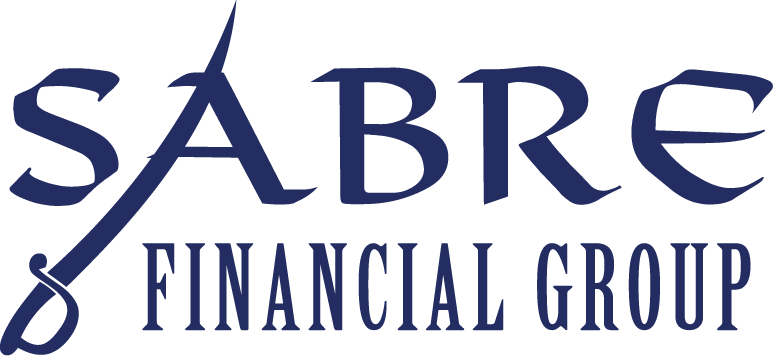Capital Raising Options for Mergers & Acquisitions
There are many options for raising capital for mergers and acquisitions. Which you choose depends on your current finances, forecasted finances, your objectives, the nature of the deal, and much more. Our M&A capital acquisition advisory services help you determine a course of action for your M&A deal. We’re here to help you find capital solutions for mergers and acquisitions.
M&A capital options include:
- Company cash
- Equity partners
- Earn-outs
- Forgivable seller notes
- Leveraged buyouts
- Conventional acquisition loans
- SBA acquisition loans

Each option has its pros and cons. Our M&A capital acquisition advisory can help you make informed decisions on which works best for your company.
Using company funds for M&A deals is essentially paying cash for an acquisition. This can make deal structure and negotiations quite simple. However, it’s not always ideal to use company funds for an M&A deal, as it can lower liquidity and cash flow of the new entity and often cash is required for a transition.
Equity partnership is another option for funding mergers and acquisitions. In this type of deal, the buyer typically offers the seller equity in the new company based on a thorough valuation assessment of the target entity. In these types of deals, the target firm’s owners often retain some ownership stake in the business. This allows the buyer to pay less in cash and often benefit from the existing owner’s experience.
Earn-outs are essentially M&A fees paid based on the continued success of the acquired company. Typically the buyer will pay a minimum/base price upfront based on a valuation assessment from Sabre Financial Group or another a third-party. Then, the acquirer may or may not pay an uplift or earn-out after a certain period of time if pre-defined sales, earnings, or other metrics are achieved. This type of deal allows the seller to exit the business and continue some financial benefits afterwards. For buyers, this may help reduce some of the risk in an M&A deal.
Forgivable seller notes serve a similar purpose to earn-outs though are structured differently and, unlike earn-outs, usually can be deployed in tandem with SBA financing.
Leveraged buyouts are a high risk, high reward option for funding M&A transactions. With a leveraged buyout, buyers need little capital upfront. Instead, they take out debt against the assets of both the acquiring business and the target business to fund the acquisition. Leveraged buyouts are difficult to execute in the small to mid-market space but may be achievable in some cases.
Companies can of course utilize traditional or alternative loans to fund mergers and acquisitions as well. There are several types of loans you can use for acquisitions. Our M&A capital acquisition advisory services can help you look at all your options.
Conventional loans can be straightforward and can be an attractive option in some cases. However, full collateralization may be required by the lender.
SBA loans can be secured for acquisitions as long as the required loan value does not exceed $5MM. Collateral may not be required but a personal guaranty will be.
We are here to help you find the right capital solutions for mergers and acquisitions. Contact us now to learn more about our M&A capital acquisition advisory services!

